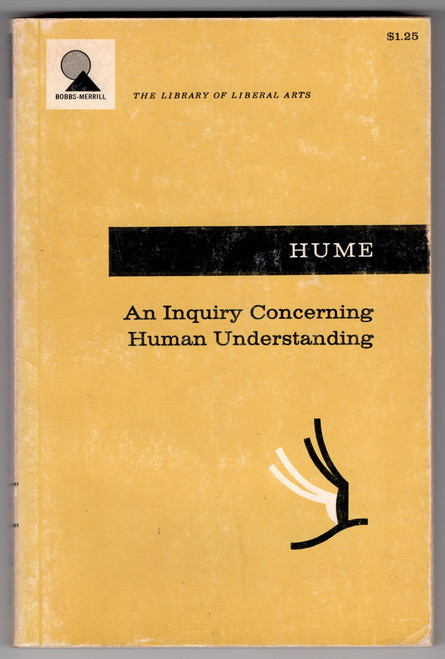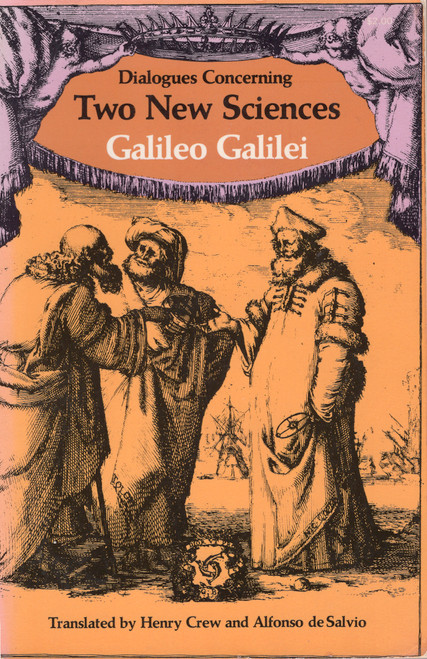In An Inquiry Concerning Human Understanding, David Hume challenges traditional notions of knowledge and human cognition, exploring the limits of human reason and the nature of belief. Through his incisive analysis, Hume argues that our understanding is fundamentally shaped by experience, emphasizing the role of habit and custom in forming our beliefs about causation, existence, and the natural world. This edition includes a supplement titled "An Abstract of A Treatise of Human Nature," which succinctly summarizes Hume's foundational ideas on human psychology and ethics, providing valuable context for his later work.
Edited with an introduction by Charles W. Hendel, Clark Professor Emeritus of Moral Philosophy and Metaphysics at Yale University, this volume invites readers to engage deeply with Hume's thought, making it essential for anyone seeking to understand the complexities of human thought and the foundations of empirical inquiry.
About the Author
David Hume (1711–1776) was a Scottish philosopher, historian, economist, and essayist, known for his influential contributions to empiricism and skepticism. As a key figure of the Scottish Enlightenment, Hume’s works address fundamental questions about human nature, knowledge, and morality. His writings, particularly in A Treatise of Human Nature and An Inquiry Concerning Human Understanding, challenge the rationalist perspectives of his predecessors, advocating for a philosophy grounded in experience and observation. Hume's legacy continues to shape modern philosophical discourse, making him one of the most significant thinkers in Western philosophy.








